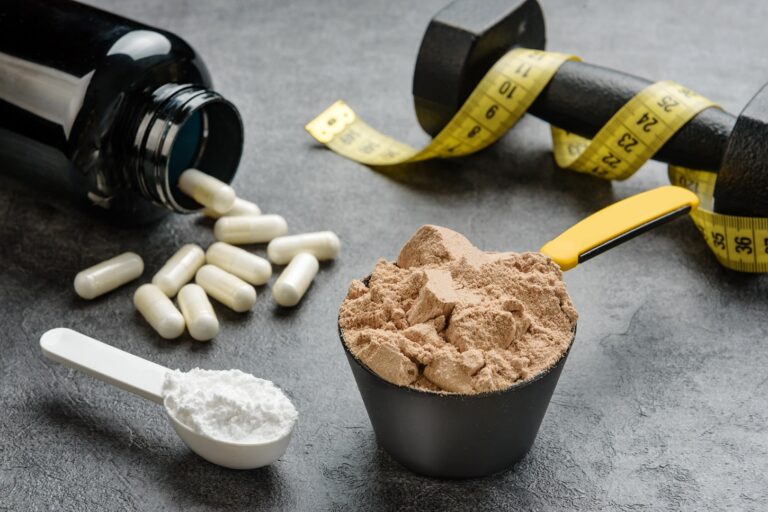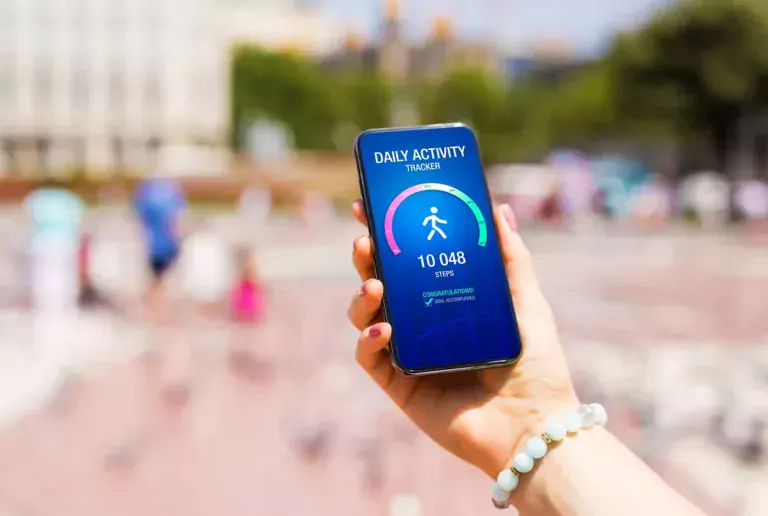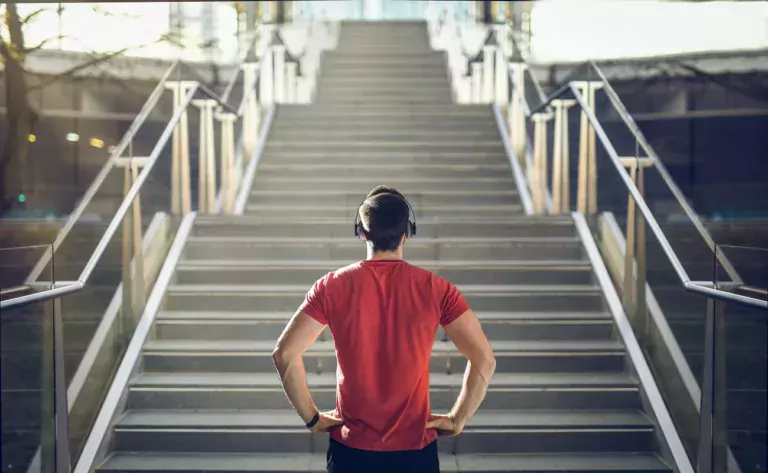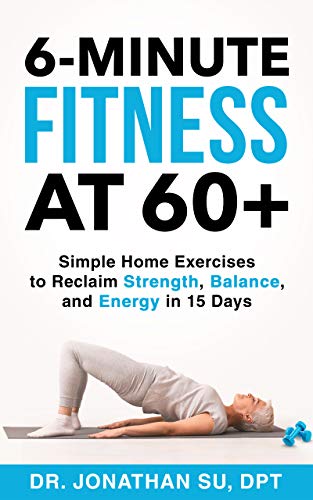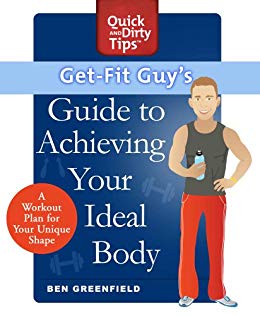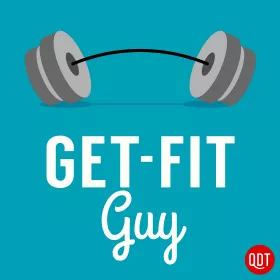
Get-Fit Guy
Get-Fit Guy will give you the fitness tools to rise above your former self and achieve the healthy balance between athletic performance and an enjoyable life.
Listen Now
More From Get-Fit Guy
Decompressing with video games I am currently pursuing an MA in Philosophy, and it’s not always easy on the mind. It forces us to challenge beli...
In a recent podcast episode (episode 705 here, or listen in the player under this paragraph), I discussed a friend’s experience at a CrossFit gy...
A few weeks back, I received an email asking me about BPC-157. This is a peptide that is being pushed a lot by algorithms on platforms such as Instagr...
The allure of modern gurus and wellness myths I feel like it’s been a while since I’ve “debunked” something, and I hope to hav...
I want to talk about an important psychological aspect to fitness and its impact on outcomes. This will also hold true for anything you will do in you...
Is bone broth good for you, or is it just another wellness fad backed by flimsy evidence? On this week’s episode of the Get-Fit Guy podcast we d...
As I booted up my laptop to create the show this week, realized that this is the 666th episode of Get-Fit Guy. Out of curiosity, I searched for ‘...
The modus ponens of ‘10,000 steps a day’ I’m going to start with a modus ponens I made for you to illustrate today’s argument. A modus...
Looking to get in shape in 2024? As we enter the new year, many folks are looking to get in shape. But first, let’s sidestep the clichéd New Ye...
How Can You Reach Your Fitness Goals? In a recent episode of the Get-Fit Guy podcast from February (you can also listen in the handy player below this...
About

Get-Fit Guy will give you the fitness tools to rise above your former self and achieve the healthy balance between athletic performance and an enjoyable life.




